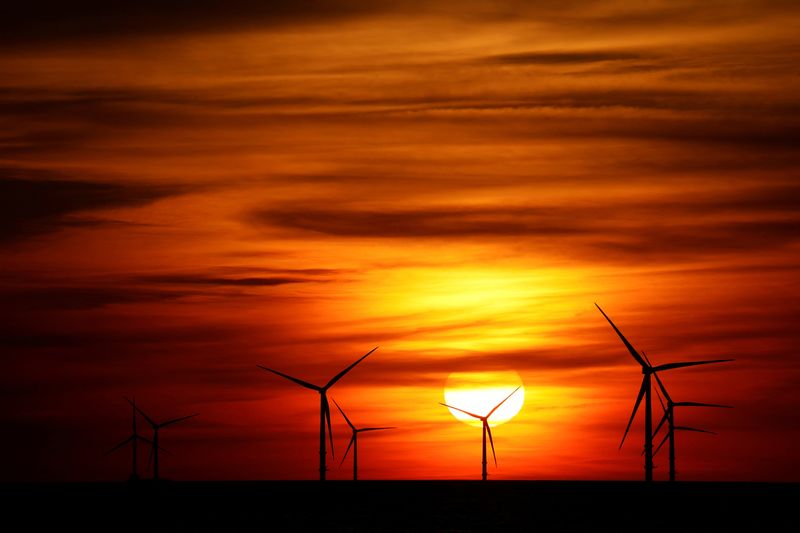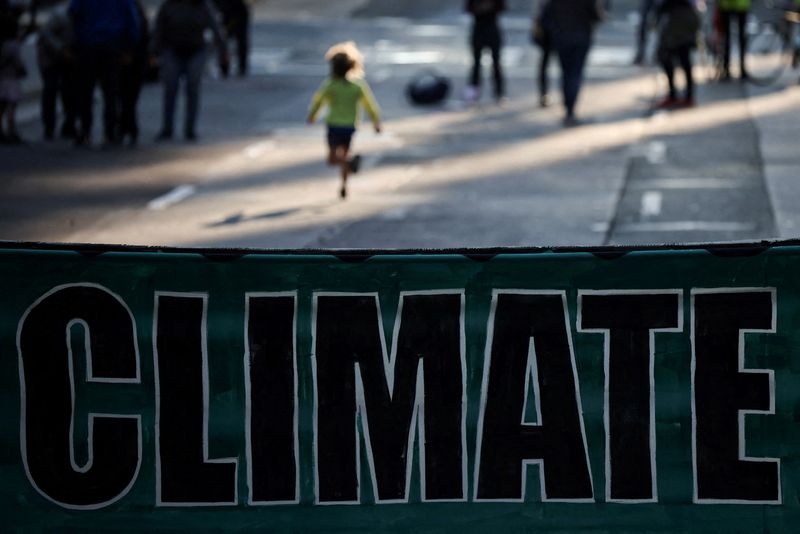By Susanna Twidale
LONDON (Reuters) - The use of cheap carbon offsets by companies to meet net zero targets could curb their efforts to cut emissions and slow the delivery of climate goals, Britain’s climate change advisers said on Thursday.
Many UK listed companies such as Shell (LON:RDSa) have set net zero emission targets, saying they would need to buy or generate carbon credits to offset residual greenhouse gases.
Offset credits, based on projects for planting trees or switching to less polluting fuels, currently trade in an unregulated, voluntary market with many different standards and approaches.
The current low price of many offsets, which can be purchased from exchanges for less than $4 a tonne of carbon dioxide, are providing a cheap way for companies to meet net zero goals which could reduce the incentive for them to directly cut emissions, a report by Britain's Committee on Climate Change (CCC) said.
“Offsets can mask insufficient efforts from firms to cut their own emissions, they often deliver less than claimed and they may push out other environmental objectives in the rush to capture carbon,” the report said.
The government should require businesses to reveal how much their targets rely on offsets as well as the type and quantity of credits they are using, the CCC said.

The carbon credit market can help finance emission reduction projects and play a role in company efforts to meet climate targets, the CCC said, but Britain should use its influence to advocate for strengthened global standards for carbon credits.
More work is also needed to ensure emission reductions are not counted twice, once in the host country where the emission reduction has taken place and then again by the company using the credit to meet its own target, called double counting, the CCC said.
